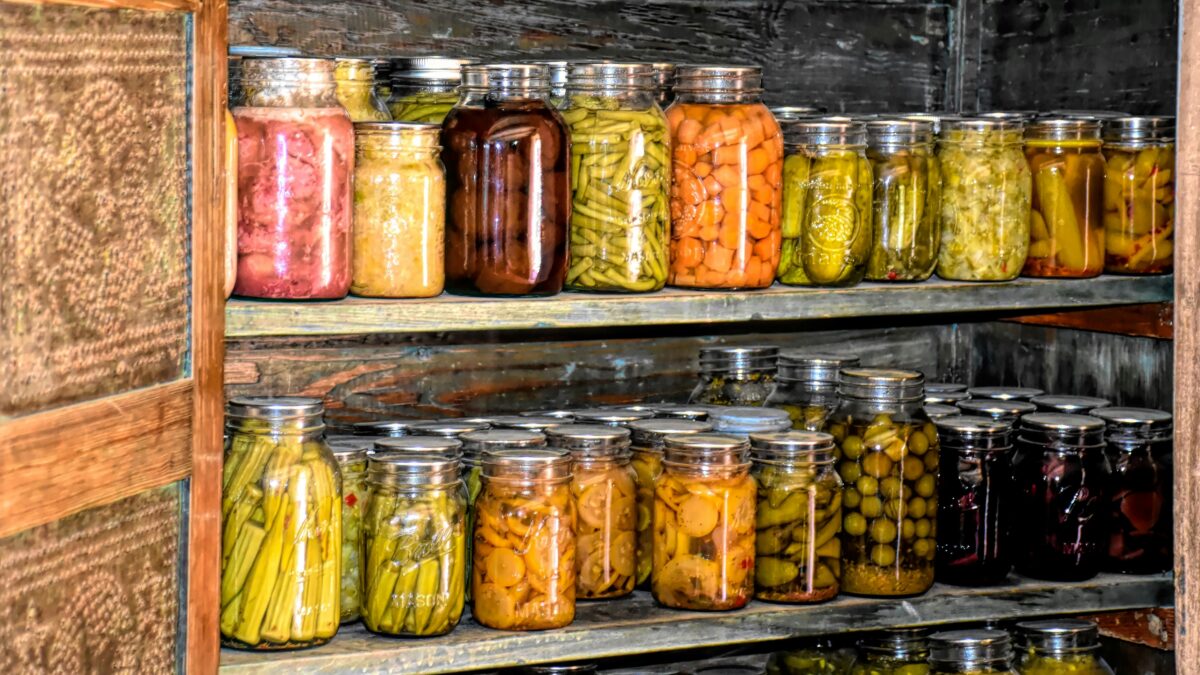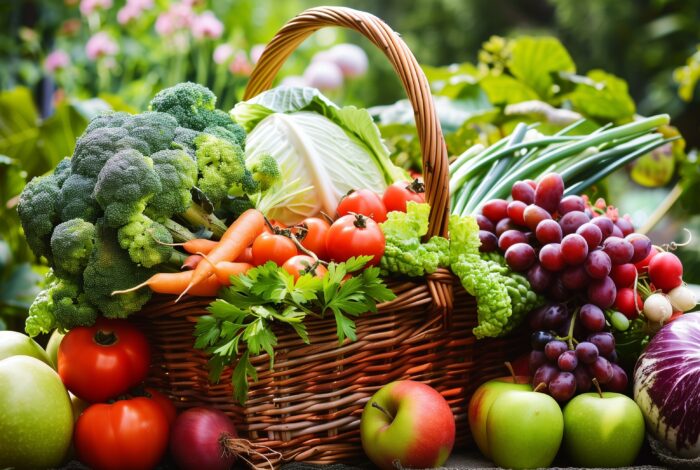Pickles can be made with vegetables – less often with fruit – and preserved in jars with brine or vinegar for a long time using the fermentation method, which preserves their nutrients and offers a unique flavour.
This has always been the easiest way for a household to preserve its vegetables and enjoy them throughout the year, but also to feed sailors and travellers, especially during the winter months.
In Greece, pickled vegetables are another example of zero waste – a philosophy that stems from rural cuisine – and have been part of the Greek diet for hundreds of years. They arose from the need to preserve food for a long period of time, when refrigeration technology or canning methods did not yet exist.
Pickles can be made from almost any vegetable, as well as from lesser-known edible plants. One of these is the rock samphire, an edible aromatic plant mainly found along the Mediterranean coastline, which adds flavour to salads all year round.
In Volos, tsitsiravla, namely the young shoots of a species of wild, native pistachio tree, are a famous meze at the “tsipouradika” (tavernas serving tsipouro) of the region, since their slightly crispy texture and grassy taste pairs well with spirits.
In Monemvasia, they usually make pickled purslane, taking advantage of its abundant growth in the region. It pairs perfectly with tomato salad and is served together with marinated olives in mezes.
A favourite pickle in the Greek diet is caper. It is usually made on Aegean islands, such as Samos, and it lends an excellent tang to any dish.
Speaking of pickles, we cannot fail to mention the ‘kings’ of pickles, namely cabbage and small cucumbers, both of which can be found from one end of Greece to the other. In northern Greece, pickled cabbage is also known as sour cabbage – a Thracian recipe.
Based on Asia Minor tradition, pickled baby eggplants are in turn a special meze for ouzo in Macedonia.
Naturally, pickles can be made with a mixture of various vegetables. Shops carry jars of mixed pickled vegetables – cauliflower, cabbage, carrots and small cucumbers – a classic addition to salads, cold dishes and sandwiches.
Fermentation may be an ancient method, but it continues to provide inspiration and food for thought to modern cooks who experiment with it, making it one of the modern trends in gastronomy.










